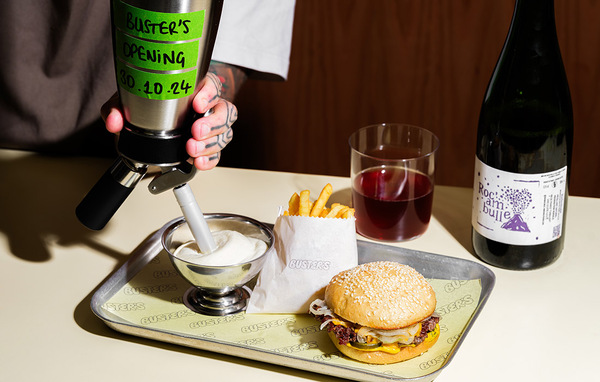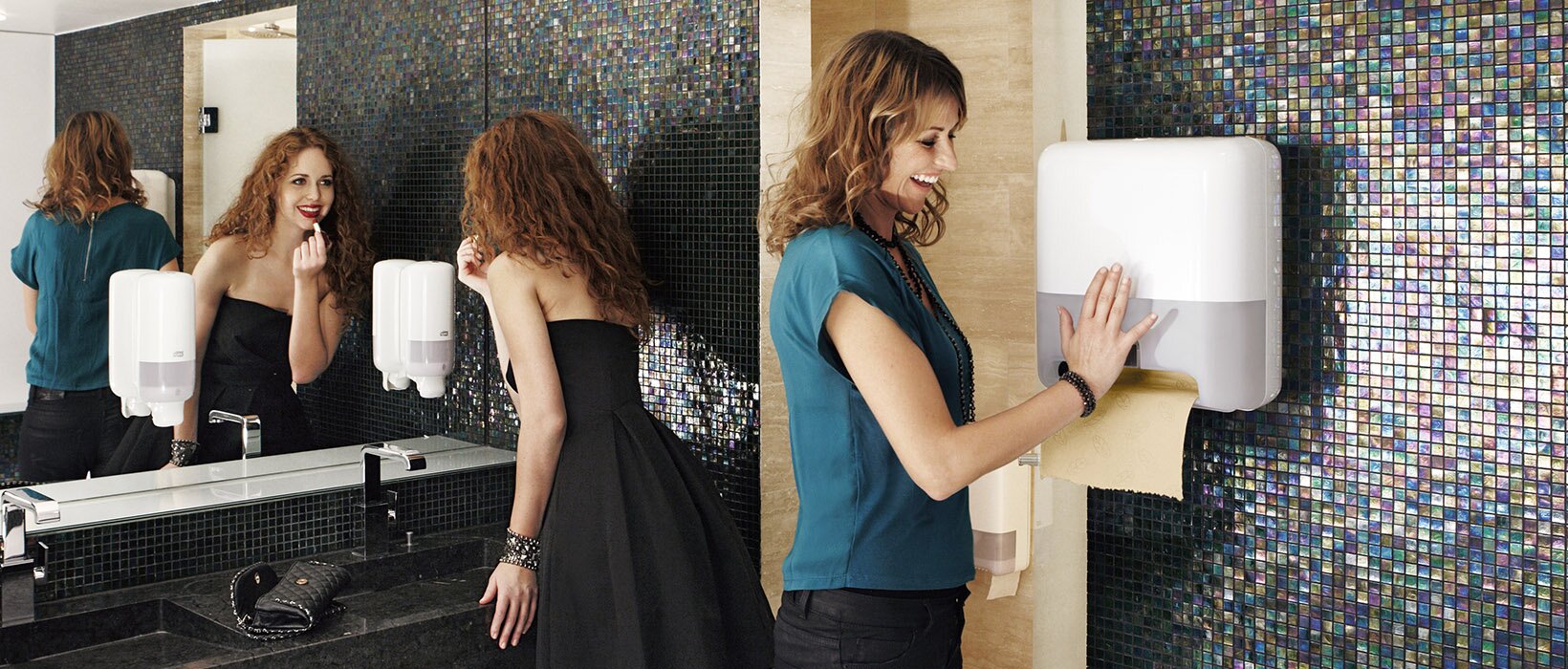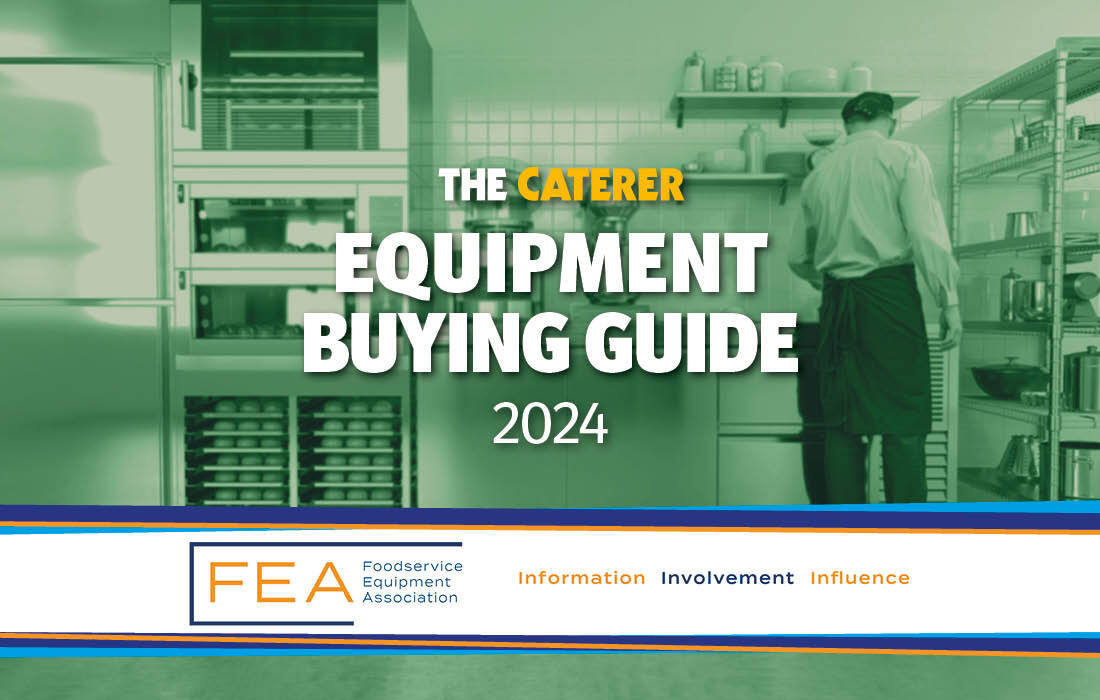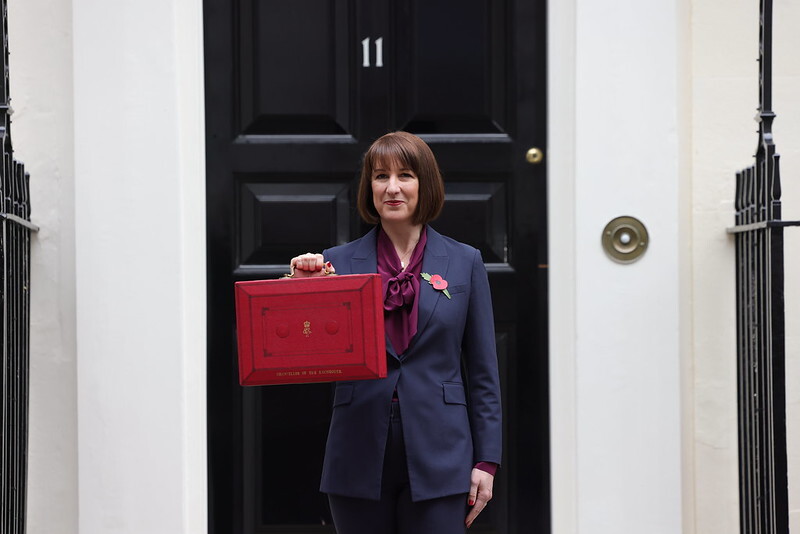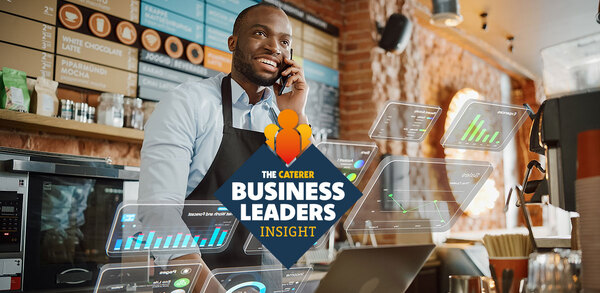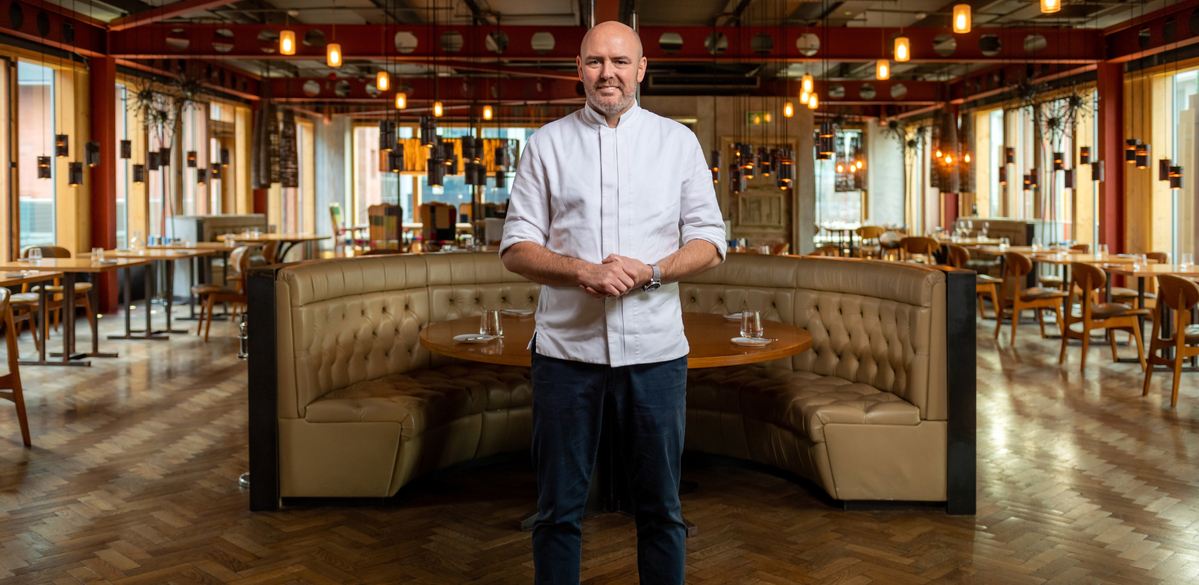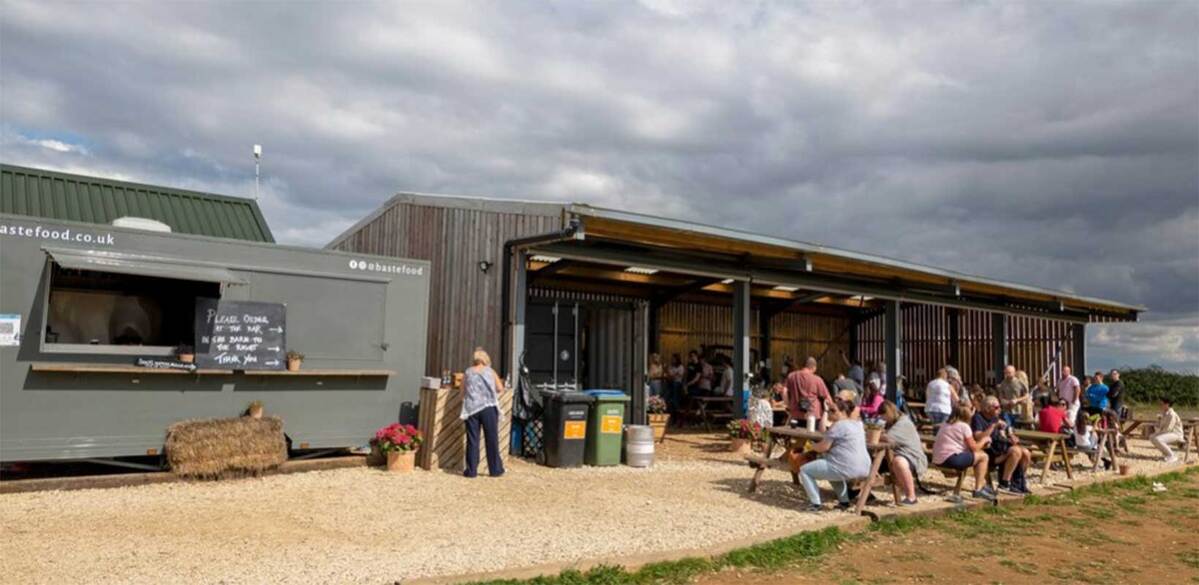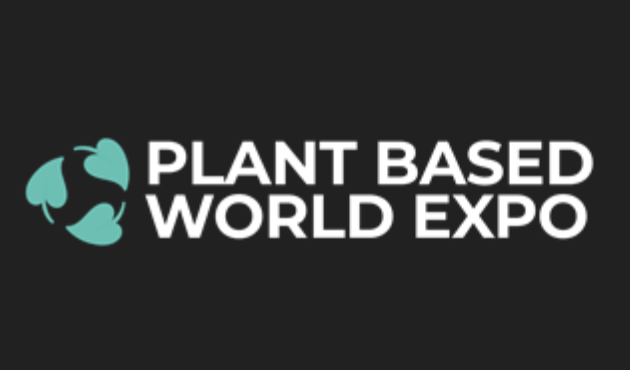Achieving hygiene and sustainability without compromise in foodservice
While disposable products are unavoidable when running a hygienic catering business, reducing waste and overall environmental impact should still be front of mind.
Hygiene is a top priority for foodservice businesses, and keeping your staff and customers safe will always come first. But it no longer needs to come at the expense of sustainability, even though disposable products are sometimes unavoidable when it comes to hygiene. By following best practices, and using the right products, your business can play its part in creating a sustainable future for our planet, here’s some steps you can take right now….
Getting more from less
As a business that provides disposable products, our sustainability measures are about helping our customers achieve the highest hygiene standards, with the least amount of resources and environmental impact possible.
Take disposable paper hand towels for instance – an efficient and hygienic method of hand drying in a foodservice business – by making it easy to take a single towel from a dispenser, you end up with less waste. One at a time dispensing also makes sense from a hygiene perspective, as it means users only touch the towel they use. The efficiencies achievable are huge, for example our Tork Reflex® dispensers can cut consumption by up to 37%.1
Use carbon neutral products
Reducing your business’s carbon footprint isn’t only inclusive of emissions from your site. The products that you use have an impact as well. By selecting products that are made sustainably, you can reduce your company’s Scope 3 emissions – the emissions not produced directly by your company activities, but by your employees and supply chain.
Tork offers 27 dispensers in Europe (excluding France) with carbon neutral2 certification. We achieve this by producing our dispensers using certified renewable electricity. We also work with verified organisation ClimatePartner to compensate the remaining carbon emissions through projects such as a forest and community protection project in Indonesia.
Cleaner soap?
Like the paper towels and dispensers your foodservice business uses, the soaps that you use can also impact your business sustainability for a number of reasons. It’s no surprise then, that EU Ecolabel certification has always been a ‘ticket to play’ for EU soaps, and is becoming increasingly stringent.
To keep up with these regulations, soaps need to showcase reduced environmental impact across multiple stages of the product lifecycle, as well as offering good performance. Here’s just a few things to look out for in a more sustainable soap:
Effective in hot or cold water, to reduce energy consumption
Sustainable packaging – Tork products are now housed in bottles containing post-consumer recycled plastics
Naturally sourced – 9 out of 10 Tork soaps are made using at least 94 per cent ingredients derived from natural origins3
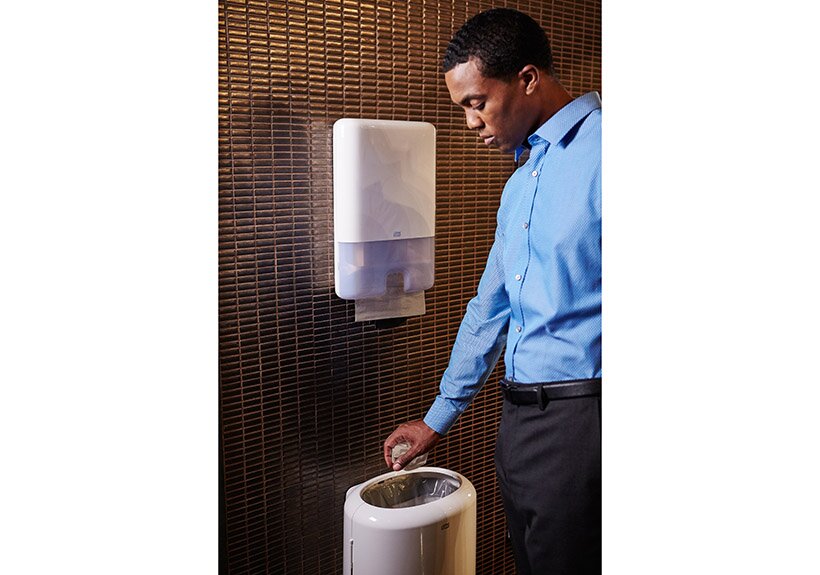
Closing the loop in professional hygiene
When it comes to professional standards of hygiene, achieving circularity means changing the way we do business – using resources more efficiently and reducing waste. This requires a shake up of business models in service industries and in the hygiene industry, with a refocus towards “design, reduce, reuse and recycling” to turn waste into new resources.
For us, it’s been interesting that some recycled paper sources are becoming scarce in themselves, as many businesses move away from paper-based working. So while Tork has used high-grade bright quality recycled paper in its products for many years, more innovation is needed to continue to use recycled products. That’s why we’ve recently launched natural colour washroom refills, which are made from recycled cardboard boxes – something that’s still abundant in a world where e-commerce is booming.
Minimise your environmental impact, maximise your business performance
For many years, hygiene and sustainability were at odds, but that doesn’t need to be the case. For foodservice businesses, we know there is no compromising on hygiene. To retain customers, and meet hygiene regulatory requirements, you need to exceed expectations and establish best practices from front of house, to back of house and washrooms.
What this means is that businesses, in hygiene, foodservice and beyond, need to continue to innovate to shift towards sustainable practices. To keep up the highest service and hygiene standards, takes commitment to using all the products and technologies that are at their disposal to achieve hygiene in a clean and environmentally conscious way.
Learn more about Tork: Tork.co.uk/Sustainability
1 When compared to the Tork Centrefeed system
2 Reduced with certified renewable electricity and compensated with climate projects
3 In line with ISO16128



